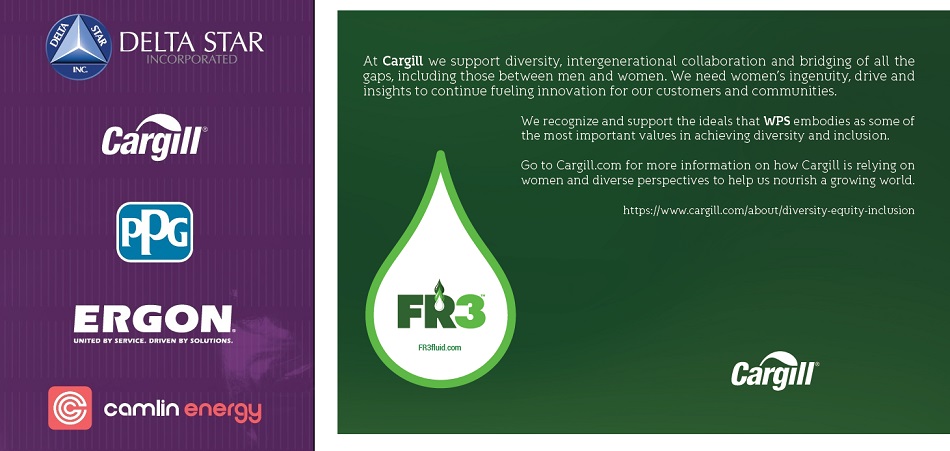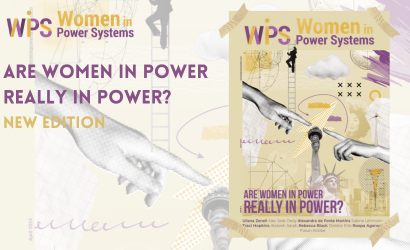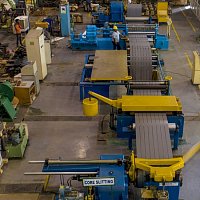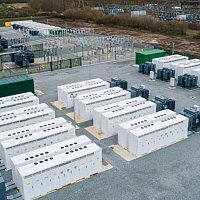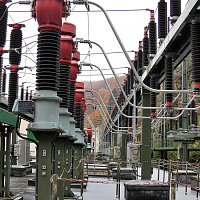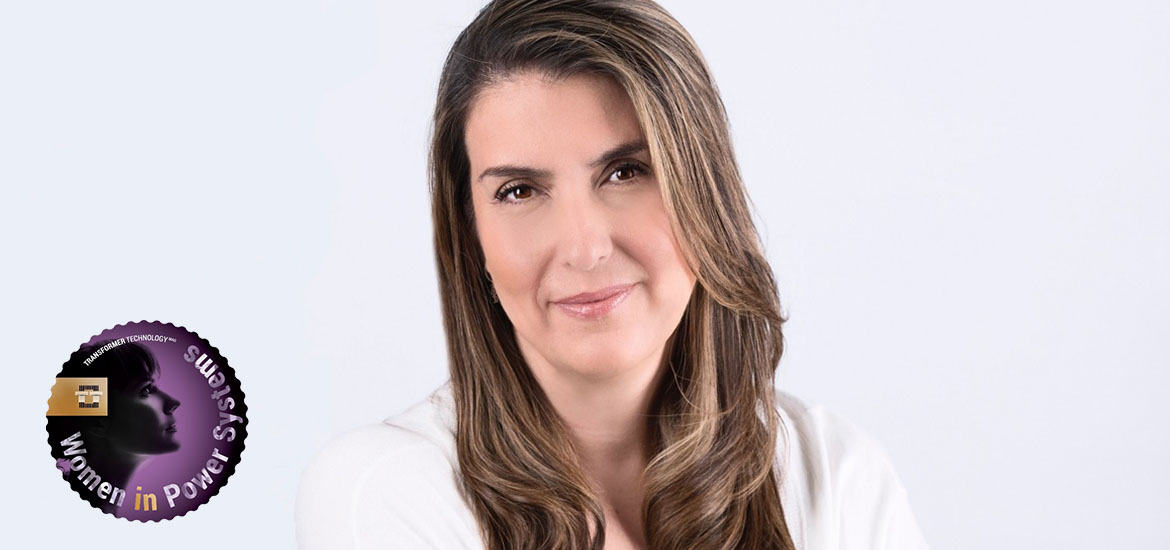
To read this article in the magazine, click here.
Interview with Javiera F. McGuiggan
Assistant Vice President and Global Business Leader
for Dielectric Solutions at Cargill BioIndustrial
The heart of my mission as a person is to feel that, through the work that I do, I am really making a difference in the world.
Javiera F. McGuiggan is a leader with a personal mission to make a difference in the world. With a background in hydraulic engineering, she started her professional career with Procter & Gamble in 2003, followed by almost 14 years with 3M, where she rose to the position of Global Marketing Manager. She joined Cargill in 2019, where she is now Assistant Vice President and Global Business Leader for Dielectric Solutions at Cargill BioIndustrial. She supports the charity Feed My Starving Children where she is a member of the Board of Directors. Her best team and greatest support is her family.
Alan Ross
I am honored to speak to Javiera McGuiggan, a powerhouse woman who suggested changing the name of Women in Power Systems to Women in Power, which tells you something about her. Another woman in power is my co-host in this interview, the Chair of the Steering Committee for Women in Power Systems, Rachel Linke.
At Transformer Technology, we promote the developments that bring about change, and Cargill's FR3 liquid is changing the landscape for transformer fluids. As a Global Business Leader of the BioIndustrial division, Javiera is the champion for FR3 at Cargill. Javiera, we would like to hear about your career journey and how you ended up in the power industry.
Javiera F. McGuiggan
I had an amazing long time in my previous company, many opportunities and great products that you could be proud of promoting. But when the headhunter came calling, Cargill got to the heart of my mission as a person, which is to feel that, through the work that I do, I am really making a difference in the world. And I had moved away from that in my last role at the previous company. My goal was not only talking about a message, but actually influencing change that is significant for people and for the planet. It was a mission that was way too attractive to pass up.
AR
Could you tell us more about your mission at Cargill BioIndustrial, and how you became their Global Business Leader?
JM
The BioIndustrial group has this broader mission to change either chemicals or petroleum-based industrial solutions into bio-based renewable solutions. And there are many areas of that in almost every industry. The business that I am leading is the dielectric fluid – electronics world of that transformation. This fluid is directly replacing mineral oil, but it is more than that. It is better for the community because it is based on plant oil. There is nothing that could be more natural or biodegradable, which is a concept people are sometimes misled about. The mission itself is doing something that is good for the industry, good for the world, and is a concrete bio-based solution.
Rachel Linke
Javiera, I love hearing about your journey to where you are now, what you have accomplished and just the great things that you have been able to do to bring value to your job and your career. But what made you initially think about the power industry, when you were either in school or as your career progressed? What drew you into this industry?
JM
What I find really attractive about the power industry is that it is one of those invisible things that affects our life in every single point. It touches almost every aspect of our lives, in every way, all the time, and we are not conscious of it until the power is off. We depend on it so dramatically, not only on hospitals and big institutions having power, but in our daily life. Who would live a day, or half a day now without their phone? Or people who have electric vehicles – they would literally not be able to leave their house.
Transformers are my little world. Bringing power to people who don’t have it, and how life-changing that is – that makes the whole industry super attractive to me.
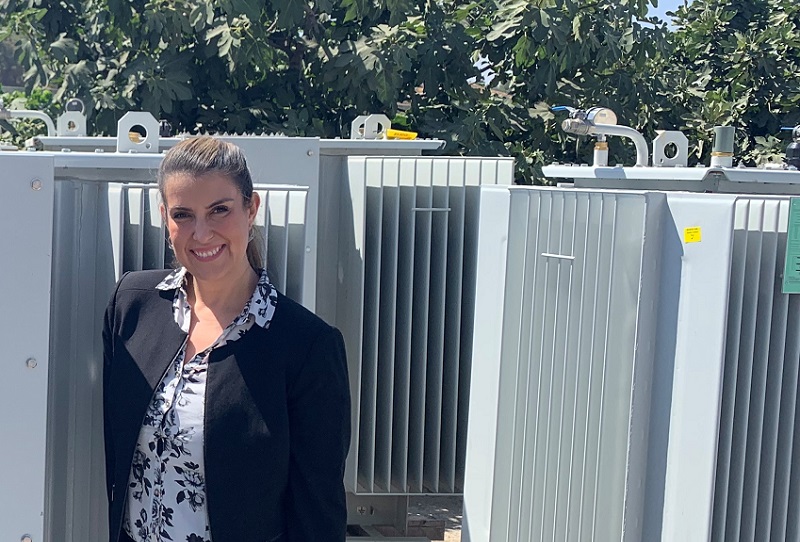
It is something we are so dependent on, yet it is completely invisible. Even transformers – that is my little world. There are these greenish, very blended boxes everywhere or hanging from a tree, and people have no idea that they are there. They don't see them, and they don't know how critical they are for us to live our daily lives. Any way to make that either more efficient or smarter or better, with all the challenges of growth that we have around the world, or even just bringing power to people where they don't even have power yet, and how life changing that is – that just makes the whole industry super attractive to me.
AR
One of the things that I really like about Woman in Power Systems is that the focus is on the whole woman, the complete person. When I was in the role of a CEO, nobody was interested in my role as a husband and a father. But Women in Power Systems wants to celebrate all roles that a person plays in their life. How does your personal life fit in with your career? I hope your answer will challenge me, too.
JM
I think that how we treat men versus women should change, in the sense of including the wholeness of the man, as well as the wholeness of the woman. Sometimes women think, I don't want to tell people anything about my kids or my personal responsibilities because that makes me less attractive for a promotion or an opportunity. And it should be the opposite. It should be that we see men also – and everyone – as a whole in themselves. We are also considering their family needs and their time constraints, and not doing the opposite of thinking that, because someone is male and single, they obviously have more time. They could have their own pursuits they want to dedicate their personal life to. I think that change should be not in the denial of the woman's completeness, but in the inclusion of the man's completeness.
AR
I absolutely agree with you about the need to bring out and celebrate the wholeness of a person, man or woman. I want to be a father and a grandfather too, and not lead two separate lives at home and at work. How have you personally managed to achieve that balance?
JM
I am very, very lucky that my support system is my family. My brother lives close to me, as does my mother. Being Latins, we are a very close-knit family. There is no day that we don't talk or probably see each other. Another great thing about joining Cargill is that part of their culture is putting people above anything. Your trips can be absolutely planned by you. A lot of my business is international and there is an incredible value in being present locally, talking to people and understanding their local needs, the needs of your team, everything. You have a lot of flexibility in managing that, without forced schedule or forced limits for how long trips have to be.
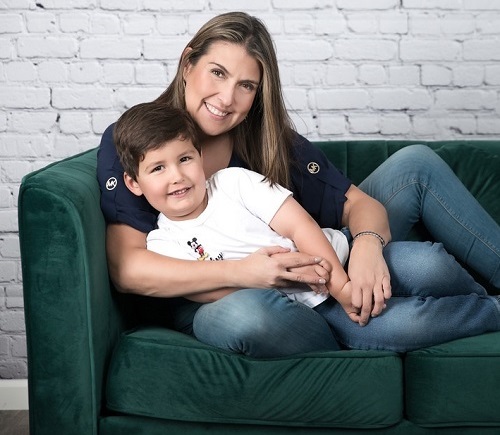
If you want to have a great career, you have to have a great team at home and at work.
Having that, knowing that I am the priority, is a dramatic change. That way I have been able to manage being the leader of a global business. And by having a great team. If you want to have a great career, you have to have a great team at home and really make them understand that they are all in it, and everyone is committed to the success of this career. At work also, you need to have a team that you are flexible with and they are flexible with you. Your team needs to be empowered to do what they need to do without a lot of oversight, and you need to be a good boss who understands that. So, build a good team all around you would be my best advice - at home and at work.
RL
Javiera, I think that is amazing. It sounds like you are really good at problem solving, which I think is a great skill to have in your field. Were there any challenges that you had to face in your professional career related to the mindset of your colleagues, and how did you overcome that?
JM
Sometimes knowing that you belong at every table is a lot on its own. I thankfully have the personality, which helps, and not everyone does – and that is the self-confidence of knowing my opinion matters. I know I am smart enough that, if I say something, I am contributing. I need to be brave and just do it. That is the first personal work that you absolutely have to do, because no one will be able to do that for you. Externally, I think the biggest challenge that I had was not sharing common themes with the people I worked with, either hobbies or interests that differ from what a woman might be interested in. I would say networking is a challenge, finding commonalities with the men that work in your industry. The typical challenge for me was feeling left out of these circles. But we all love what we do and there are more things we have in common than those that make us different.
AR
In 1976, I worked for a company with the worst manager I ever worked for. He was replaced by the best manager I ever worked for. Her name was Mary Kee. She was relatively new into management and leadership at that time, but she was a great leader. She brought the best out in me. In fact, she brought so much good out of me that I left the company. You are in a leadership position now, as you were in 3M. Is it different, difficult, harder, better? Tell us about your role of leading both men and women to a common goal.
I have the self-confidence of knowing that my opinion matters. I know I am smart enough that, if I say something, I am contributing. I need to be brave and just do it, because nobody else will be able to do that for me.
JM
I would say I see a huge difference in managing men and women. It has been more of a benefit for women to be managed by a woman because it is encouraging. They feel that I will know what they are going through. If they have a personal issue, they know I will understand or I have lived through that. There is unspoken understanding, an easier relatability.
I think it definitely makes a difference for women to see women leaders and think it could be them some day. The same goes for management. I think my biggest challenge in managing has usually been the age difference. How do I manage people who have wisdom and longer experience than me, but yet have to report to me? There is a delicate balance of bringing in new ideas, and you have been placed in your position because you have the potential to do great at your job.
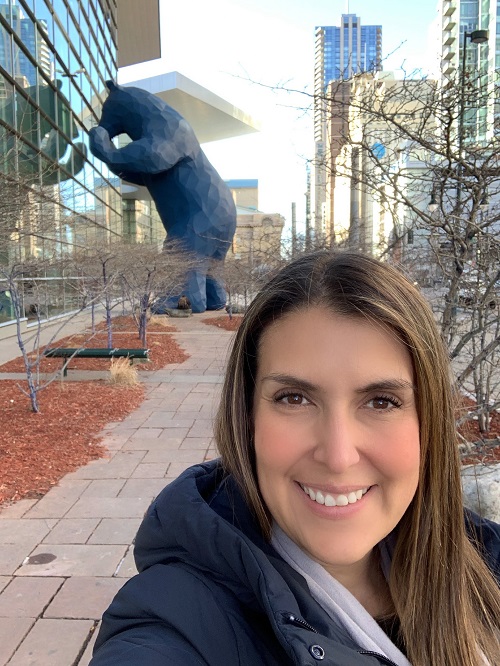
I balance that by valuing everyone's experience. It doesn't mean that because my colleagues are older, they don't matter or what they have done will be ignored. I think my efforts to be a good leader have been more about bridging the generational gap than about the male versus female issue.
RL
Javi, our goal at Women in Power Systems is to inspire, encourage and advocate for women. Have you seen a growth in women in the power industry? And how would you suggest we can help encourage others whose company may not have women in leadership positions, or any positions?
JM
I have seen the change. I have seen more of a broader presence of women in the short period that I have been at Cargill. I have seen a positive change. How do we encourage that? I think we are still just starting the process.
I am a big advocate of this: It is necessary to set goals. If you don't challenge yourself, if you don't measure things, things don't happen. Sadly, at the beginning, that is how you have to force change.
When companies or institutions or associations have goals of including women in leadership roles and board positions, it is how it has to be so that we move to the next step where it is natural. We all want to achieve diversity. The biggest goal of diversity is that someday we don't even have to talk about it. That is when we made it. But we are not there yet. For now, I think we definitely have to set goals that are purposeful to force the change that needs to happen. And then we will move to the great world where it is not necessary to force it.
Another way is always starting from the beginning. We are very active in recruiting and doing speeches to women engineers, chemists, scientists who are now in college, who can see themselves in this career and are hopefully not scared of it, that they don't think it will constrain them from having a family or being complete in every other way.
AR
I have had two sons, I am about to have one granddaughter. And you can rest assured that girl is going to be an engineer, she is going to be a CEO.
JM
(laughs) No pressure!
AR
When we achieve what you said about not having to talk about diversity any more, that is when Women in Power Systems will not be needed any more.
JM
My most important point is that we are not there yet. Sadly, many people still don't see why it is necessary to have a Women in Power Systems special group so that we encourage this change and promote different ways of thinking and ideas.
I am happy that you are starting this group. It is absolutely necessary and valuable, and I hope more people join and see the value of it.
We should keep encouraging young ladies who are still in college in this field to try out for this industry, make it attractive to them and make them see that there is a space for them.
AR
Thank you so much for joining us on this launch of Women in Power Systems. You are a delight, whether we are talking about a technical product like FR3 or whether we are discussing the whole woman within the industry.
You made one point that we want to make. You said a woman could be a chemist, could be an engineer. In Women in Power Systems, we want to celebrate all of the women in this industry.
JM
Exactly, in this industry there is procurement, sales, quality control, etc. In my group I have finance, product line management – most of my key roles are held by women. There are many different ways to be a part of it.
RL
Javiera, you are an inspiration.
Thank you for bringing power to those who don’t have it yet, and for showing us the way to the future of Women in Power Systems.
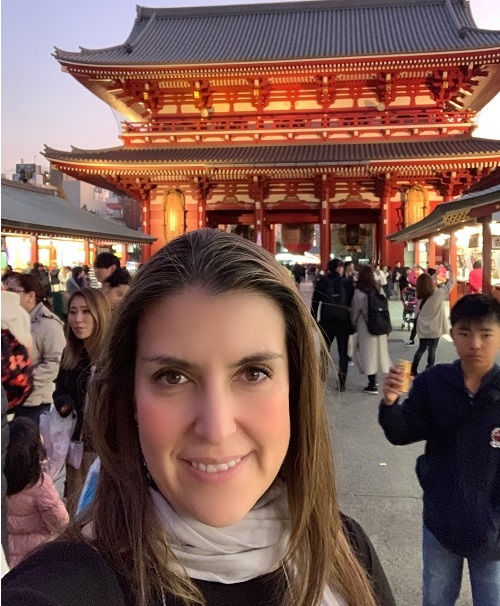
WPS initiative is sponsored by
Charter Sponsors